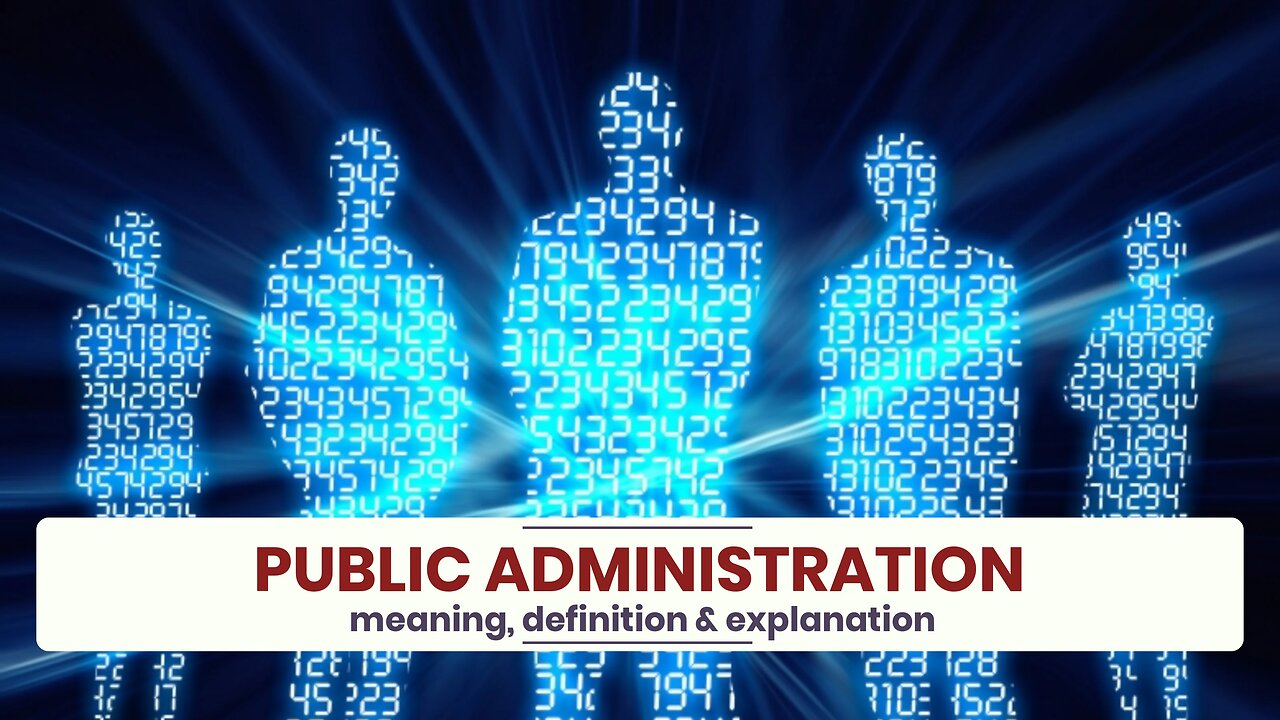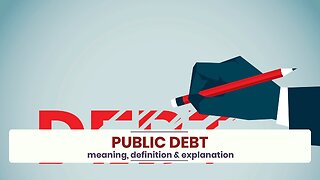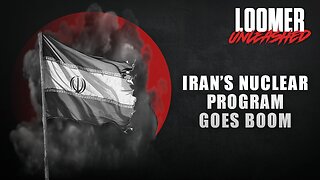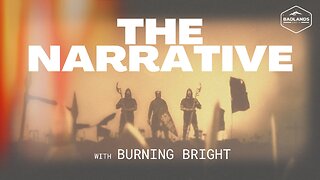Premium Only Content

What is PUBLIC ADMINISTRATION?
✪✪✪✪✪
http://www.theaudiopedia.com
✪✪✪✪✪
What is PUBLIC ADMINISTRATION? What does PUBLIC ADMINISTRATION mean? PUBLIC ADMINISTRATION meaning - PUBLIC ADMINISTRATION definition - PUBLIC ADMINISTRATION explanation. What is the meaning of PUBLIC ADMINISTRATION? What is the definition of PUBLIC ADMINISTRATION? What does PUBLIC ADMINISTRATION stand for? What is PUBLIC ADMINISTRATION meaning? What is PUBLIC ADMINISTRATION definition?
Public administration, or public policy and administration, is the academic discipline that studies how public policy is created and implemented. It is also a subfield of political science that studies policy processes and the structures, functions, and behavior of public institutions and their relationships with broader society. The study and application of public administration is founded on the principle that the proper functioning of an organization or institution relies on effective management.
Public administration has been described as "the management of public programs;" the "translation of politics into the reality that citizens see every day;" the study of government decision-making; the analysis of policies and the various inputs that have produced them; and the inputs necessary to produce alternative policies.
The mid-twentieth century saw the rise of German sociologist Max Weber's theory of bureaucracy, bringing about a substantive interest in the theoretical aspects of public administration. The 1968 Minnowbrook Conference, which convened at Syracuse University under the leadership of Dwight Waldo, gave rise to the concept of New Public Administration, a pivotal movement within the discipline today.
Public administration encompasses the execution, oversight, and management of government policies and the management of public affairs. The field involves the organization, operation, and strategic coordination of bureaucratic structures in the public sector. Public administrators play a significant role in devising and executing policies, managing shared resources, and ensuring the efficient functioning of government agencies and programs.
In 1947, Paul H. Appleby defined public administration as the "public leadership of public affairs directly responsible for executive action." In democracies, it usually has to do with such leadership and executive action in terms that respect and contribute to the dignity, worth, and potential of the citizen. One year later, Gordon Clapp, then Chairman of the Tennessee Valley Authority, defined public administration "as a public instrument whereby democratic society may be more completely realized." This implies that it must relate itself to concepts of justice, liberty, and fuller economic opportunity for human beings and is thus concerned with "people, with ideas, and with things". James D. Carroll and Alfred M. Zuck called Woodrow Wilson's publication of his essay, "The Study of Administration," "the beginning of public administration as a specific and influential field of study."
More recently, scholars claim that "public administration has no generally accepted definition" because the "scope of the subject is so great and so debatable that it is easier to explain than define." Public administration is a field of study (i.e., a discipline) and an occupation. There is much disagreement about whether the study of public administration can properly be called a discipline, largely because of the debate over whether public administration is a sub-field of political science or a sub-field of administrative science, the latter an outgrowth of its roots in policy analysis and evaluation research. Scholar Donald F. Kettl is among those who view public administration "as a sub-field within political science." According to Lalor, a society with a public authority that provides at least one public good can be said to have a public administration, whereas the absence of either (or a fortiori both) a public authority or the provision of at least one public good implies the absence of a public administration. He argues that public administration is the public provision of public goods in which the demand function is satisfied more or less effectively by politics, whose primary tool is rhetoric, providing for public goods, and the supply function is satisfied more or less efficiently by public management, whose primary tools are speech acts, producing public goods. The moral purpose of public administration, implicit in its acceptance of its role, is the maximization of the opportunities of the public to satisfy its wants.
The North American Industry Classification System definition of the Public Administration sector (NAICS 91) states that public administration "... comprises establishments primarily engaged in activities of a governmental nature, that is, the enactment and judicial interpretation of laws and their pursuant regulations, and the administration of programs based on them." This includes "legislative activities, taxation, national defense, public order and safety, immigration services, foreign affairs and international assistance, and the administration of government programs are activities that are purely governmental in nature."
-
 1:41
1:41
The Audiopedia
1 year agoWhat is PUBLIC DEBT?
53 -
 15:40
15:40
TimcastIRL
13 hours agoDemocrat Party Is DONE, Donors FLEE As Dems Face Approval Rating DISASTER
37.5K98 -
 2:44:38
2:44:38
Laura Loomer
5 hours agoEP128: Iran's Nuclear Program Goes BOOM
129K115 -
 3:20:44
3:20:44
Badlands Media
21 hours agoThe Narrative Ep. 27 - A Spectacular Success
91.8K9 -
 1:21:56
1:21:56
Man in America
14 hours agoExposing Big Pharma’s #1 WEAPON for Keeping You SICK w/ Dr. Edward Group
55.8K19 -
 15:53
15:53
Forrest Galante
20 hours agoPrivate Tour of India’s Best Secret Aquarium
121K11 -
 5:44:01
5:44:01
Spartan
8 hours agoPro Halo Player | Sens Crisis Grind | Ranked Arena, Probably SWTOR at some point
54.7K -
 2:38:46
2:38:46
vivafrei
15 hours agoEp. 269: U.S. Strikes Iran! Karen Read Verdict! Grace Schara Verdict! National Gaurd, SCOTUS & MORE!
234K423 -
![Batman Arkham Knight [4K + Mods] Hardest Difficulty ⋆ Western Re-tread](https://1a-1791.com/video/fww1/ca/s8/1/7/9/T/V/79TVy.0kob-small-Batman-Arkham-Knight-4K-Mod.jpg) 3:50:55
3:50:55
FusedAegisTV
9 hours agoBatman Arkham Knight [4K + Mods] Hardest Difficulty ⋆ Western Re-tread
65.8K3 -
 2:25:09
2:25:09
Tundra Tactical
9 hours ago $10.11 earned🚨🔫Tundra Nation Live Rips Apart Media Lies on Short Barreled Rifles & Suppressors 🎇🧨
118K1